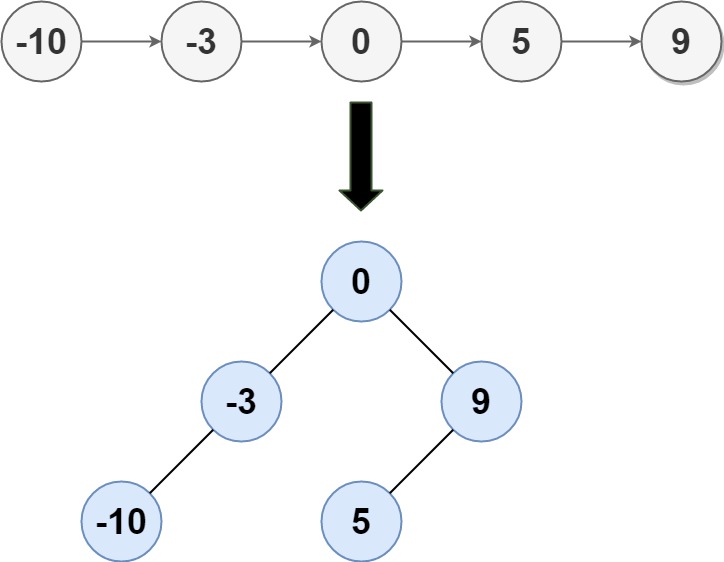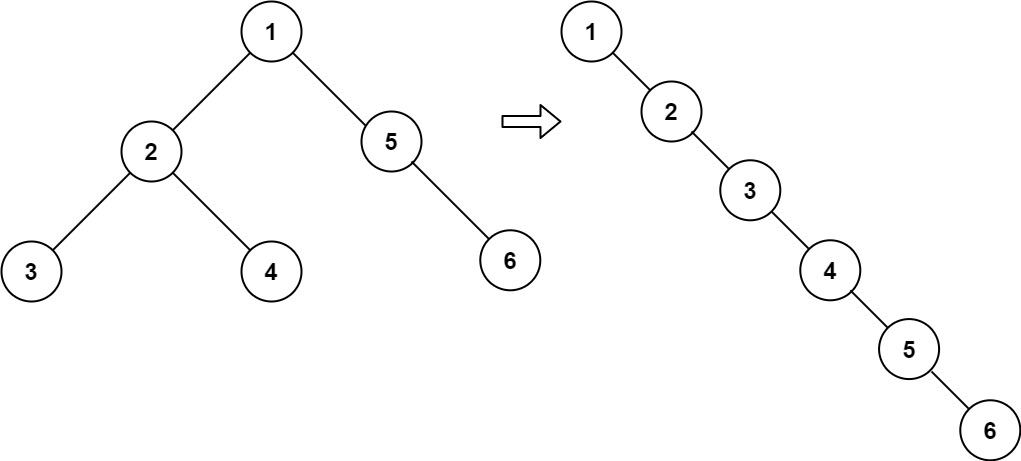648. 单词替换
题目描述:
在英语中,我们有一个叫做 词根(root) 的概念,可以词根后面添加其他一些词组成另一个较长的单词——我们称这个词为 继承词(successor)。例如,词根an,跟随着单词 other(其他),可以形成新的单词 another(另一个)。
现在,给定一个由许多词根组成的词典 dictionary 和一个用空格分隔单词形成的句子 sentence。你需要将句子中的所有继承词用词根替换掉。如果继承词有许多可以形成它的词根,则用最短的词根替换它。
你需要输出替换之后的句子。
测试用例:
示例1 :
输入:dictionary = ["cat","bat","rat"], sentence = "the cattle was rattled by the battery"
输出:"the cat was rat by the bat"
示例 2:
输入:dictionary = ["a","b","c"], sentence = "aadsfasf absbs bbab cadsfafs"
输出:"a a b c"
限制及提示:
- 1 <= dictionary.length <= 1000
- 1 <= dictionary[i].length <= 100
- dictionary[i] 仅由小写字母组成。
- 1 <= sentence.length <= 10^6
- sentence 仅由小写字母和空格组成。
- sentence 中单词的总量在范围 [1, 1000] 内。
- sentence 中每个单词的长度在范围 [1, 1000] 内。
- sentence 中单词之间由一个空格隔开。
- sentence 没有前导或尾随空格。
解题分析及思路:
本题本身没有什么难度,数据量又少,几乎可以不考虑时间以及空间上的事情。
唯一需要注意的是怎么在一个单词中(例如another)找出它的最短词根(例如an),可以考虑使用strings工具包中的strings.HasPrefix方法进行判断。
找到最短词根:那么,我们直接遍历sentence分割后的字符数组,判断dictionary是否含有词根,再将其与临时变量比较长度,如果长度小于临时变量,即替换临时变量,这样就可以找到最短词根了。
优化:为了减少判断次数,可以事先将dictionary进行排序,可以使用sort.Slice方法对dictionary根据长度进行排序。这样,在判断是否含有词根时,如果找到了,直接停止比较。
代码分析:
分割sentence
words := strings.Split(sentence, " ")
将dictionary按照长度进行排序,短的排前面
sort.Slice(dictionary, func(i, j int) bool {
return len(dictionary[i]) < len(dictionary[j])
})
遍历、比较以及保存最后结果
var res []string
for index := range words {
var temp string
for dIndex := range dictionary {
if strings.HasPrefix(words[index], dictionary[dIndex]) {
temp = dictionary[dIndex]
break
}
}
if temp == "" {
res = append(res, words[index])
} else {
res = append(res, temp)
}
}
复杂度:
- 时间复杂度:O(d * s),d为
dictionary的长度,s为sentence的字符数 - 空间复杂度:O(s),s为
sentence的字符数
执行结果:
- 执行用时: 8 ms , 在所有 Go 提交中击败了 100.00% 的用户
- 内存消耗: 8.4 MB , 在所有 Go 提交中击败了 84.68% 的用户
Tags :
通过次数 85.8K 提交次数 134.4K 通过率 63.8%
 ```
输入: preorder = [3,9,20,15,7], inorder = [
```
输入: preorder = [3,9,20,15,7], inorder = [ ```
输入:inorder = [9,3,15,20,7], postorder
```
输入:inorder = [9,3,15,20,7], postorder  ```
输入: head = [-10,-3,0,5,9]
输出: [0,-3,9
```
输入: head = [-10,-3,0,5,9]
输出: [0,-3,9 ```
输入:root
```
输入:root